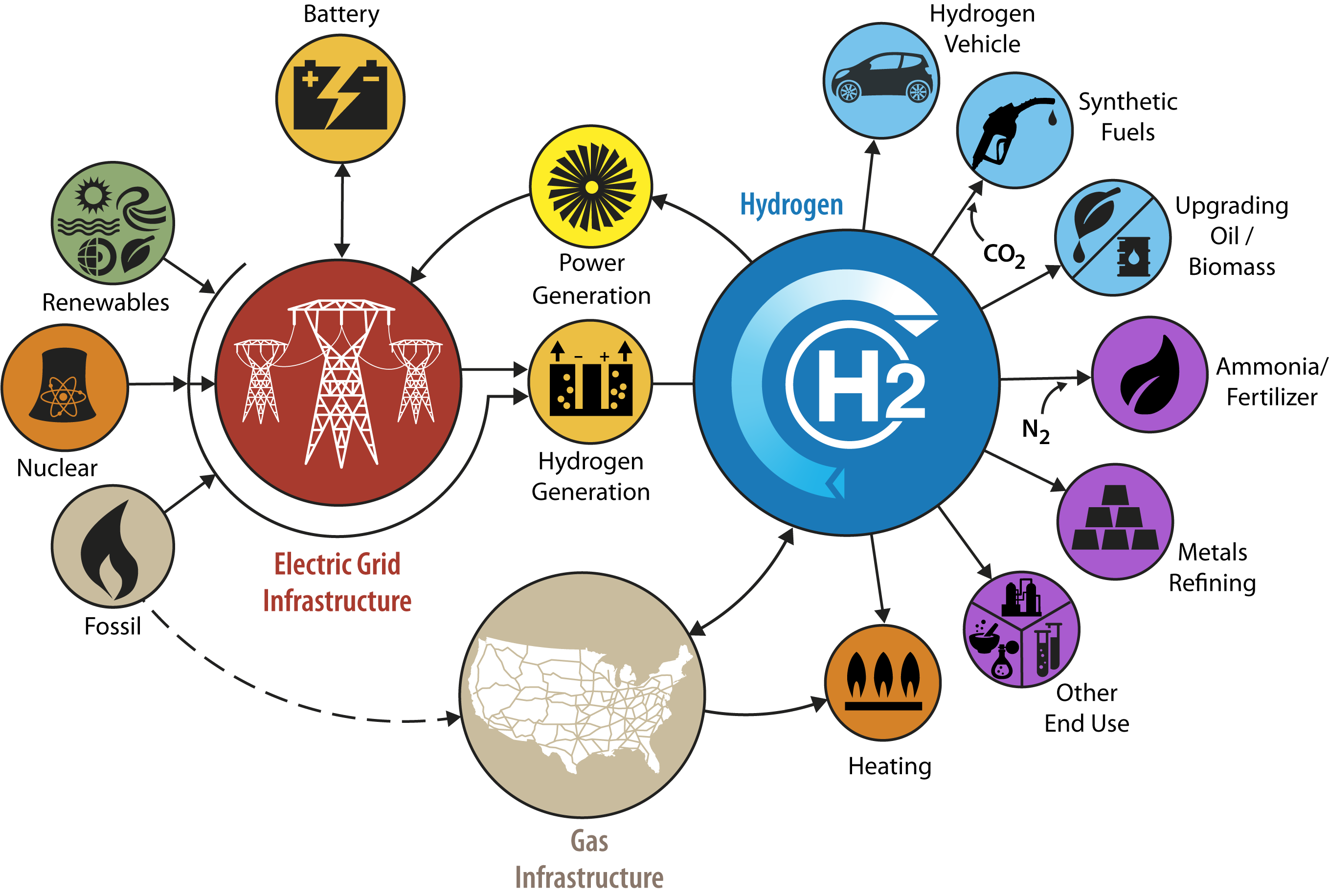The Future Of Hydrogen Fuel Cells In Civil Engineering For Energy Storage

Hydrogen is considered to be the energy carrier of the future. It is a versatile, clean, and efficient energy source that can be used in a variety of applications, including transportation. In this post, we will explore the benefits of using hydrogen as an energy source and answer some of the most commonly asked questions about this emerging technology.
FAQ
What is hydrogen?
Hydrogen is the simplest and most abundant element in the universe. It is a colorless, odorless, and tasteless gas that is often referred to as H2 because it is made up of two hydrogen atoms bonded together. Hydrogen can be extracted from a variety of sources, including natural gas, coal, and water.
What are the benefits of using hydrogen as an energy source?
Hydrogen is a clean and efficient energy source that produces no emissions when it is burned. It can also be produced using renewable sources of energy, such as wind and solar power. Additionally, hydrogen is very versatile and can be used in a variety of applications, from powering vehicles to providing heat and electricity to homes and businesses.
What are the challenges of using hydrogen as an energy source?
One of the biggest challenges of using hydrogen as an energy source is the cost of producing and storing it. Currently, the most common method of producing hydrogen is through a process called steam methane reforming, which requires natural gas. Additionally, hydrogen is very difficult to store, as it requires high-pressure tanks or cryogenic storage. However, these challenges are being addressed by researchers and engineers who are working to improve the efficiency and affordability of hydrogen production and storage.
How is hydrogen used in transportation?
Hydrogen can be used to power a variety of vehicle types, including cars, buses, and trains. In a hydrogen fuel cell vehicle, hydrogen is combined with oxygen from the air to produce electricity, which powers the vehicle's motor. The only emission from a hydrogen fuel cell vehicle is water vapor, making it a very clean and efficient form of transportation.
What are the advantages of using hydrogen in transportation?
One of the primary advantages of using hydrogen in transportation is that it produces no emissions when it is burned. Hydrogen fuel cell vehicles are also very efficient, as they can travel farther on a single tank of hydrogen than a traditional gasoline-powered vehicle can travel on a tank of gasoline. Additionally, hydrogen can be produced using renewable sources of energy, which makes it a very sustainable form of transportation.
What are the disadvantages of using hydrogen in transportation?
One of the main disadvantages of using hydrogen in transportation is the cost of producing and storing hydrogen. Additionally, the infrastructure for hydrogen refueling stations is not yet widely available, which limits the number of locations where hydrogen fuel cell vehicles can be refueled. However, these challenges are being addressed by researchers, engineers, and policymakers who are working to improve the efficiency and affordability of hydrogen production and storage, as well as the availability of hydrogen refueling stations.
Is hydrogen a feasible alternative to gasoline?
Yes, hydrogen is a feasible alternative to gasoline. While there are still some challenges that need to be addressed, such as the cost of producing and storing hydrogen and the availability of refueling stations, researchers and engineers are making significant progress in developing efficient and affordable hydrogen production and storage technologies, as well as expanding the hydrogen refueling infrastructure.
Conclusion
Hydrogen is a promising energy source that has the potential to revolutionize the way we power our homes, businesses, and transportation systems. While there are still many challenges to be overcome, researchers, engineers, and policymakers are working hard to address these challenges and make hydrogen a viable and sustainable energy option for the future.
As the world continues to move toward cleaner and more sustainable forms of energy, hydrogen is sure to play an increasingly important role in our energy mix. Whether it is powering our cars, heating our homes, or providing electricity to our businesses, hydrogen is a versatile and efficient energy source that offers many benefits over traditional fossil fuels.
Stay tuned for more updates on the latest developments in hydrogen technology!


Post a Comment for "The Future Of Hydrogen Fuel Cells In Civil Engineering For Energy Storage"